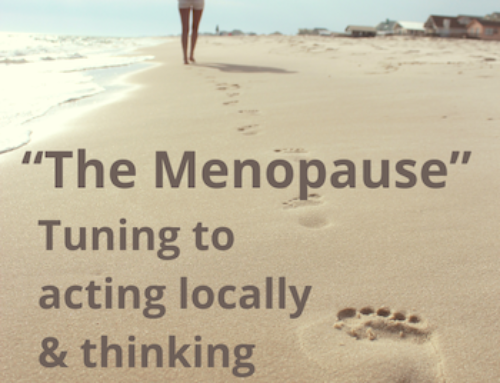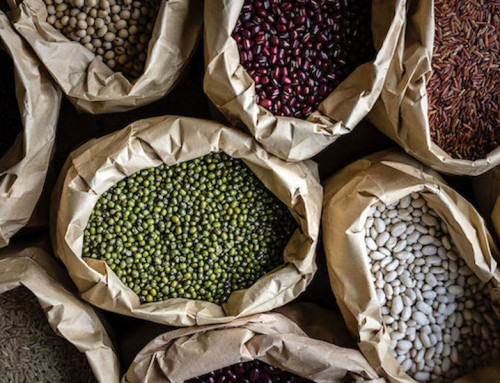Ignoring big problems to reduce feeling helplessness is a normal anxiety-defense strategy.
Denial is a valid emotional responses to manage overwhelming despair and disempowerment!
However, with complex problems such as global warming, our lack of action serves only to amplify the amount of carbon released into the atmosphere, further contributing to the problems.
There’s no doubt the 2020’s are a very intense decade all across our planet, both personally and globally.
What is important right now is to find those stories that contribute to empowerment, purpose, authenticity, regenerative capacity, and which shine hopeful light on the difficulties of today and the future.
If we empower ourselves to act more responsibly, and actively engage in the perpetuation of these good stories we might create the future we all want.
There are many, many millions of people already involved these stories, despite most of them not covered by mainstream media. You can find them everywhere around you, if you look beyond the gloss.
The attitude behind the Regenerative Eating Trends is gratitude.
Just like saying “grace” at meal times, these ways of eating encourage contemplation of the supply chain that brought that food to your table, nurture a sense of gratitude for the energies that grew the food and a respect for the precious energy used. These emotional responses result in valuing foods: not wasting nor taking it for granted.
No time in modern memory has illuminated what “supply chain” means like the pandemic triggered by SARS-CoV-2
The lockdowns shone a light on the interactive and interconnected processes of our world. Food security an key issue throughout Africa, Bangladesh, and more recently in Yemen and Beirut. At this point, wealthy nations are cushioned from the realities of not having sufficient food, or being forced to eat “corporate food” – foods with patented genomes, sprayed with chemicals and reared in artificial environments.
If we view our our access to food through a systems lens, we can see the links and the relationships, and it is easier to see the many compelling and “doable” ways to change our world with every bite!
At the core, we need to shift how we think about food and nutrition by taking a broader understanding to consider the multiple systems that bring food to our tables, as well as the impacts of what we eat, both on our own bodies and on the environment overall.
“This change in thinking should recognise the inextricable link between human health and environmental sustainability and integrate these separate concerns into a common global agenda to achieve healthy diets from sustainable food systems.” – EAT-Lancet Commission
Relationship exist between all systems.
Economics impact us socially, environmentally, psychologically, mentally and physically, and so on.
We can impact and shift these relationships to be more regenerative, creative and nourishing through our daily food choices. Because food is central, and essential to every human beings life.
Let’s never underestimate the power of the collective, nor of an individual’s influence on the collective, to make these changes normal and the current destructive narrative no longer acceptable.
Individually and collectively, we regenerate our world.
#createyournewnow #omniwins #allinthistogether #deliciouswithbenefits
The EIGHT trends for regenerative food in the 2020s are here:
WAY # 1: Eat meat as a side
WAY # 2: Aim to eat 50 different foods each day
WAY # 3: Fast regularly
WAY # 4: Eat real foods, not food-like products
WAY # 5: Grow food
WAY # 6: Eat local-ish and forage
WAY # 7: Buy real food in bulk
WAY # 8: Waste nothing
Rejuvenate your Health at Sparkle Well School
Sparkle Well School delivers step-by-step, effective and safe, health optimisation processes to provide empowerment and insights into fresh and regenerative ways of living.










